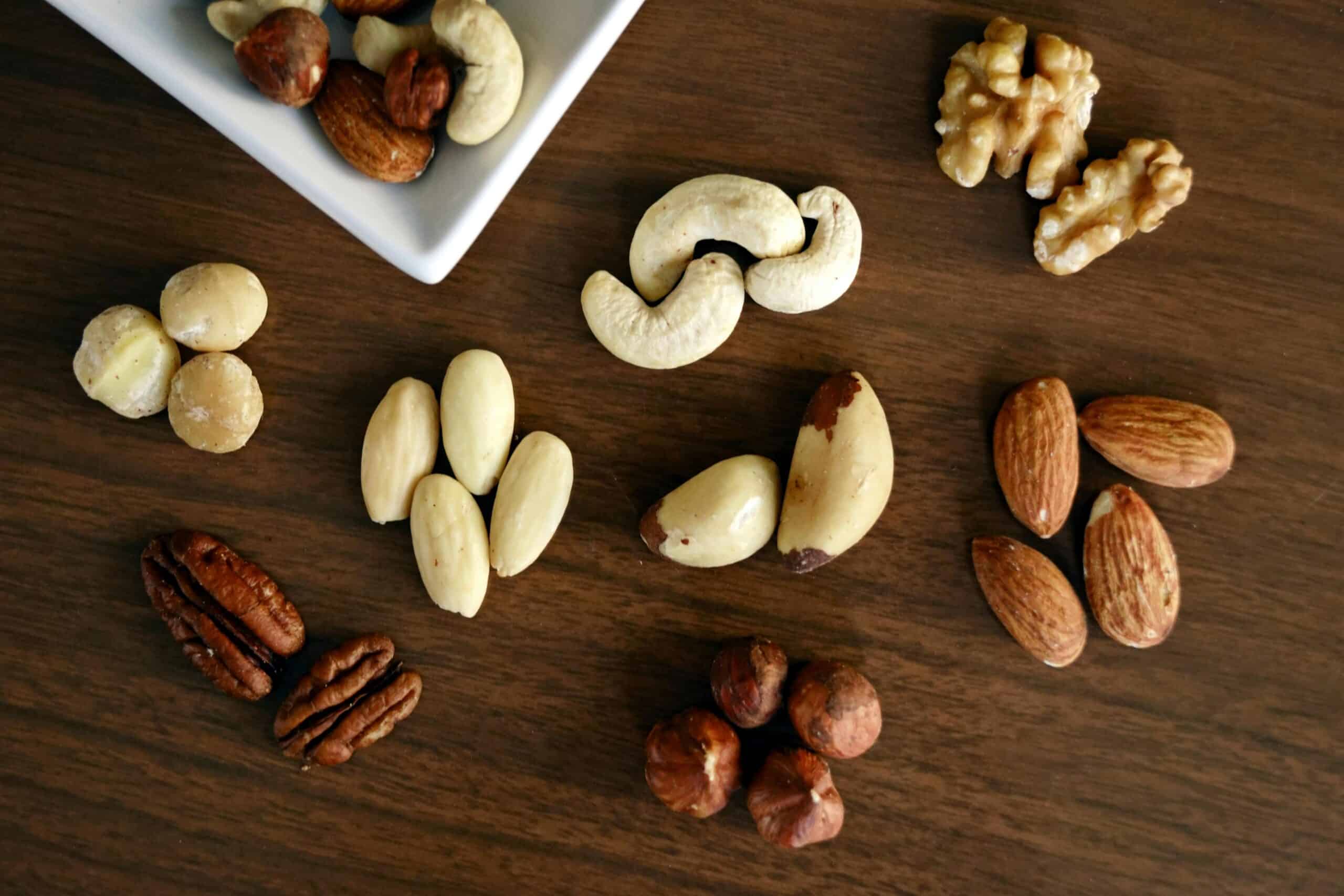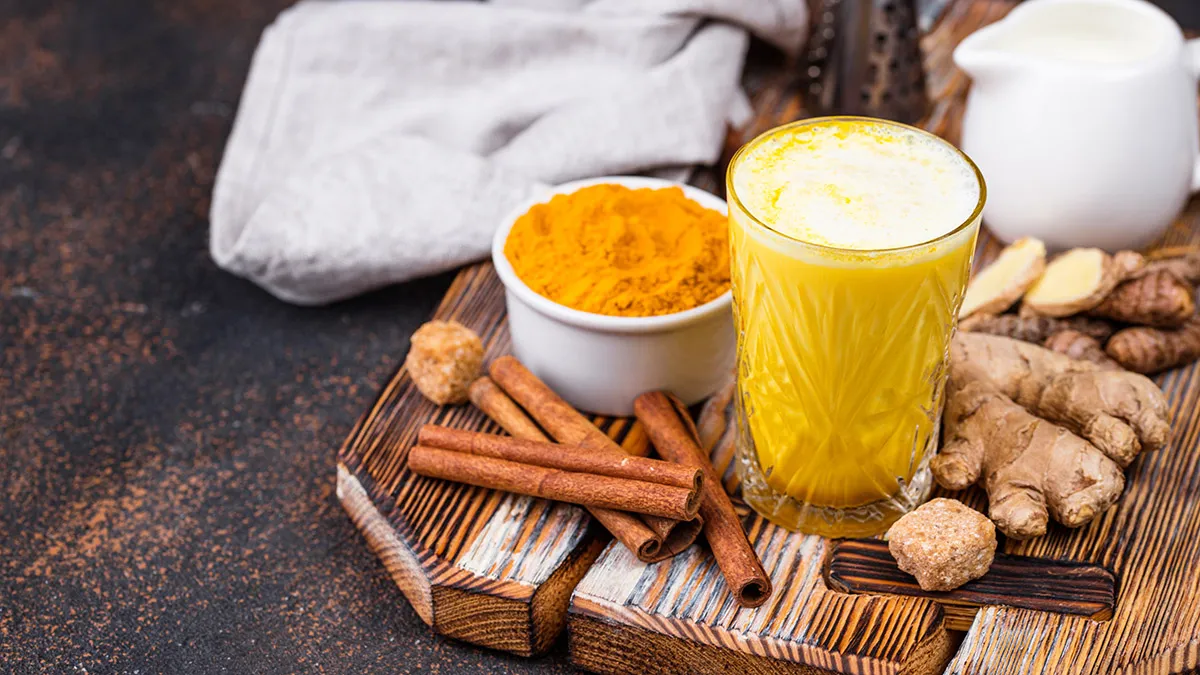In 1957, a young biologist named Ancel Keys formed a revolutionary theory. He claimed that eating too much fat raised cholesterol levels and led to heart disease.
Before long, the theory caught on – and healthy bodies across the US were soon warning citizens to cut down on fat consumption.
There was just one problem, though: the theory relied on data that simply didn’t add up…
The True Culprit Behind High Cholesterol
Keys had skewed the results of his famous Seven Countries Study, which showed that the nations that ate the most fat also experienced the most heart disease.
But Keys actually had access to data on 22 countries, not seven, and those he excluded from the study painted an entirely different picture.
For example, the inhabitants of two Greek islands, Crete and Corfu consumed fat at almost exactly the same rate, but ended up with different heart disease rates. According to Keys’ theory, these two countries should be experiencing similar levels of heart disease.
But they didn’t. In Corfu, death from heart disease was a staggering 17 times higher than it was in Crete.
Clearly, something other than fat consumption was at play.
A British doctor and nutritionist working at the University of London named John Yudkin entered the debate. He was skeptical of Keys’ findings, so he conducted a similar study, including far more data than Keys had.
When Yudkin analyzed the numbers, he found that there was indeed a single dietary factor strongly associated with heart disease. But it wasn’t fat. It was sugar.
Unfortunately, the work of scientists like Yudkin was disregarded, and Keys’s attack on fat went mainstream.
Why Sugar Causes High Cholesterol
High cholesterol is typically all about inflammation! High cholesterol is not caused by eating too many meats, eggs, and fats, high cholesterol is caused by inflammation in the body as a result of eating foods with sugar and for some, carbs, gluten, and dairy.
How to Improve Your Cholesterol
Four lifestyle habits can work wonders for your cholesterol and heart health!
1. Eat Mostly Whole Foods
Focus on whole food nutrition! Aim to reduce the amount of carbohydrates and sugars in your diet. You don’t have to be carb free or super low carb but reducing your intake will improve your cholesterol numbers.
Aim for tons of veggies that are high in fiber. Eat enough clean, lean protein sources and incorporate healthy fats like avocados, nuts, and olive oil. Cut out as much processed foods as possible. Skip the snack aisles. I recommend shopping the perimeter of the grocery store.
2. Drink Plenty of Water
Drinking water is important for the health of your liver, which breaks down cholesterol. Adequate water also helps keep blood moving, which helps your body eliminate cholesterol waste.
Dehydration, on the other hand, causes your body to draw liquids from your cells, which can cause your body to increase cholesterol production.
Aim for at least 64 oz of plain water each day in addition to the other fluids you are consuming.
3. Exercise Daily
Regular exercise is the best way to increase healthy cholesterol (HDL), and you want that number to be high! Incorporating some high intensity exercise, even just 30 mins, most days will change your numbers.
4. Get Enough Sleep
Adequate sleep is so critical for heart health! Here’s how we know:
Twice a year, scientists can observe a global experiment performed on 1.6 billion people across 70 countries. It’s called daylight savings time. In the spring, when we lose an hour of sleep, we see a subsequent 24% increase in heart attacks. In the fall, when we gain an hour of sleep, there’s a 21% decrease in heart attacks.
So catch your Zzzs! Aim for 7-8 hours of sleep each night. Reduce distractions around bedtime, reduce caffeine and high sugar foods, and stick to a sleep routine to help you fall asleep better!
Eat Less of These Cholesterol Boosting Foods
The following six foods increase inflammation and bad cholesterol:
- Added sugar
- Soda
- Processed carbs (like sliced bread, snacks, and packaged sweets)
- Trans fats (fast food or anything containing “partially hydrogenated” oils)
- Processed meats (like salami, sausages, hot dogs, and lunch meats)
- Vegetable oils (like corn, canola, soybean, sunflower, safflower oils)
Eat More of These Cholesterol Dropping Foods
The following thirteen foods powerfully lower inflammation and therefore, cholesterol.
- Wild Salmon: This singular fish is one of the best sources of anti-inflammatory omega-3/. It also contains astaxanthin (a powerful antioxidant), and potassium.
- Berries & Cherries: These bite sized fruits are loaded with natural anti-inflammatory properties and natural antioxidants.
- Grass Fed Meat: Did you know that meat from grass-fed animals contains less omega-6s (which can increase inflammation) and more omega-3s (which help decrease inflammation) than conventional meat?
- Vegetables: Veggies are loaded with natural anti-inflammatories, antioxidants, and other plant compounds such as flavonoids, which are good for your heart.
- Nuts: These little nuggets of nutrition are a great source of phytonutrients and bioactive chemicals found in plants that have powerful health benefits, such as antioxidant activity.
- Beans & Lentils: They’re high in fiber, antioxidants, and folic acid, which is a key player in lowering inflammation.
- Dark Chocolate: Cocoa contains flavonoids that can lower both inflammation and blood pressure! Enjoy one to two squares of dark chocolate four to six days a week.
- Garlic: Garlic contains antihypertensive, antioxidant, antimicrobial, and antiviral properties
- Turmeric: This root contains anti-inflammatory properties and is a powerful antioxidant. It protects your cardiovascular health and reduces bad cholesterol.
- Pomegranate Juice: Oxidized low-density lipoprotein (oxLDL) is a dangerous type of cholesterol that can lead to heart attacks and strokes. Pomegranates help inhibit the oxidation of LDL cholesterol and enhances the activity of nitric oxide, a molecule essential for heart health.
- Green Tea: This long-loved drink lowers fibrinogen, a substance in the body that can cause clots and strokes.
- Red Wine: Red wine contains resveratrol (a powerful antioxidant) and flavonoids that inhibit the oxidation of LDL. It also helps your body increase HDL (good) cholesterol.
- Extra-Virgin Olive Oil: This type of oil is full of polyphenols that are anti-inflammatory and act as powerful antioxidants in your body.
High Cholesterol Hits Close to Home…
Eight months after giving birth to my daughter, I was shocked to hear my doctor say “Your cholesterol is over 300!”
I was healthy—or so I thought. As a Registered Dietitian, I was checking all the boxes. I had lost the baby weight, I was eating a low-fat, low-calorie diet. I worked out regularly. But my cholesterol told a different story.
My doctor quickly recommended medication, but I asked for 6 months to try to rectify the situation by adjusting my diet and lifestyle. By practicing the changes listed above, I reached a great cholesterol ratio and simultaneously sparked my passion for health and nutrition.
13 years later, thousands are improving their health, losing weight, and healing their cholesterol through my LEAN program. Want to learn more about how you can improve your cholesterol? Download my free cholesterol guide to learn everything you need to know.





